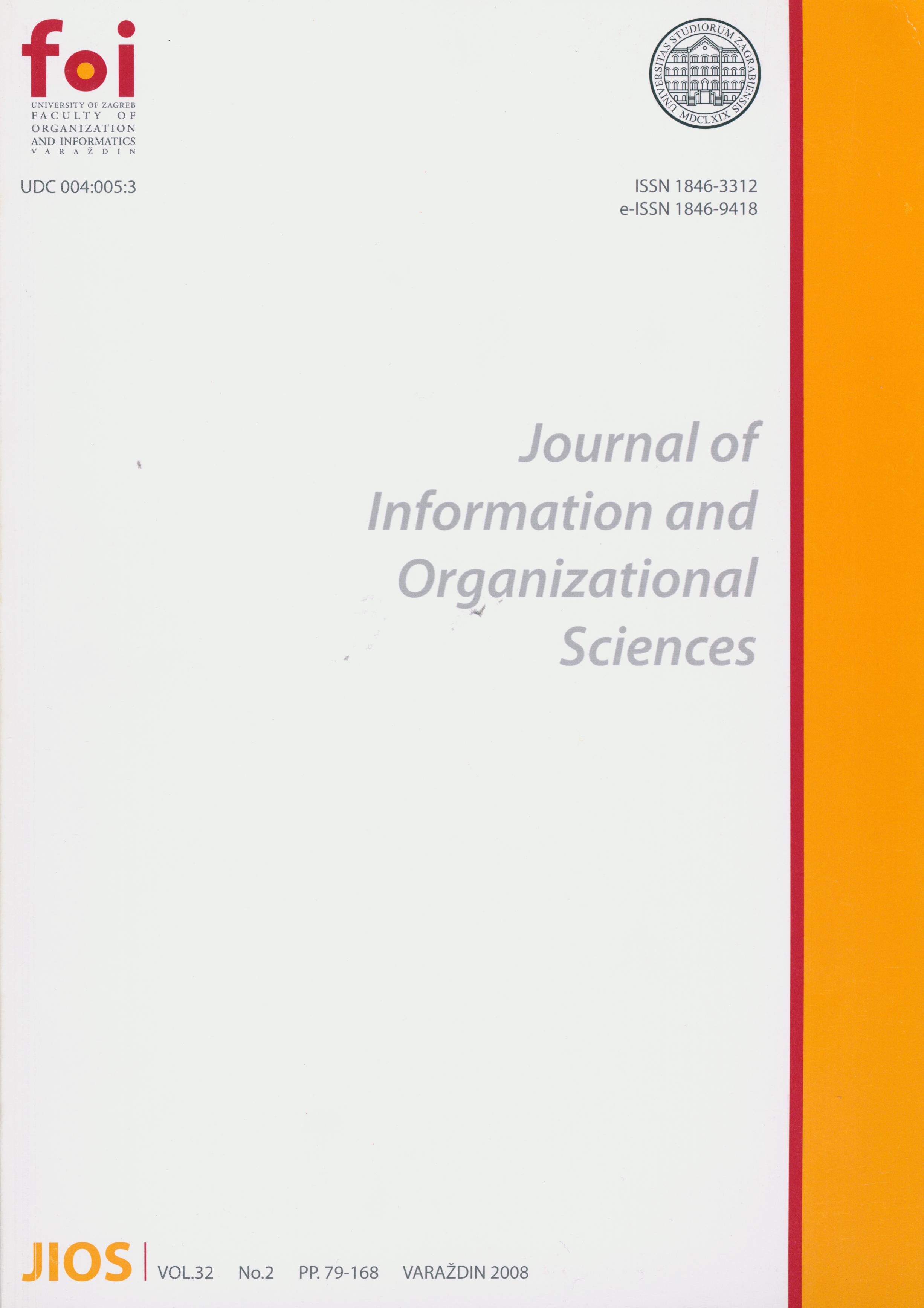Java Applications Development Based on Component and Metacomponent Approach
Java Applications Development Based on Component and Metacomponent Approach
Author(s): Danijel Radošević, Mario Konecki, Tihomir OrehovačkiSubject(s): ICT Information and Communications Technologies
Published by: Fakultet organizacije i informatike, Sveučilište u Zagrebu
Keywords: component model; metacomponent model; web application; Java;
Summary/Abstract: Component based modeling offers new and improved approach to design, construction, implementation and evolution of software applications development. This kind of software applications development is usually represented by appropriate component model/diagram. UML, for example, offers component diagram for representation of this kind of model. On the other hand, metacomponents usage offers some new features which hardly could be achieved by using generic components. Firstly, implementation of program properties which are dispersed on different classes and other program units, i.e. aspects, is offered. This implies using automated process of assembling components and their interconnection for building applications, according to appropriate model offered in this paper, which also offers generic components usage. Benefits of this hybrid process are higher flexibility achieved by automated connection process, optimization through selective features inclusion and easier application maintenance and development. In this paper we offer an approach of application development based on hybrid component/metacomponent model. The component model is given by UML diagrams, while the metacomponent model is given by generator scripting model. We explain that hybrid approach on an example of Java Web application development.
Journal: Journal of Information and Organizational Sciences
- Issue Year: 32/2008
- Issue No: 2
- Page Range: 137-147
- Page Count: 11
- Language: English

